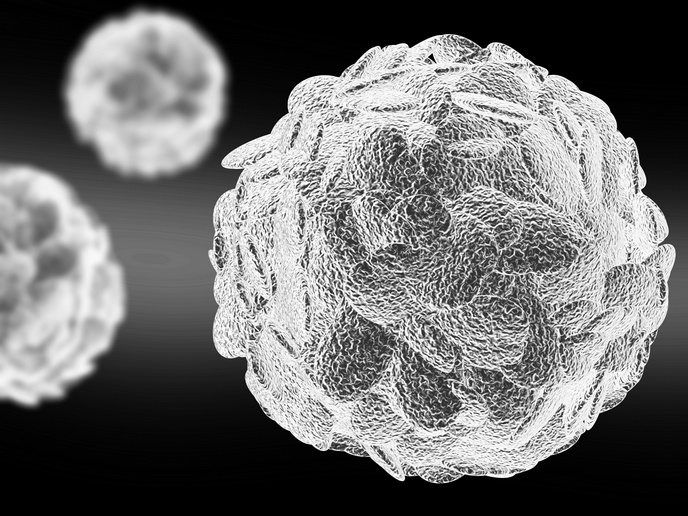Reshaping how we treat inflammatory conditions
The number of individuals diagnosed with immunological-related inflammatory conditions is on the rise. “Unfortunately, patients with conditions such as allotransplantation, autoimmunity and hyperinflammation have no long-lasting curable treatment options,” says Petra Reinke, a researcher at Charité – University Medical Centre Berlin(opens in new window). With the support of the EU-funded RESHAPE(opens in new window) project, Reinke is leading an effort to change this.
Developing the next generation of regulatory T-cell therapies
By focusing on developing next-generation regulatory T-cell (Treg) therapies, the RESHAPE project hopes to address the limitations of existing treatments. T-cells are part of the immune system and develop in the thymus from multipotent stem cells in the bone marrow. Tregs are a particular type of T-cells that can modulate/balance the body’s immune response. “This approach shows promise for rebalancing the immune system in various diseases where current treatments fall short,” explains Reinke. “Thus, they could serve as a model for developing advanced therapies for other medical needs.”
Four promising clinical trials
To leverage this promise, the project has implemented four unique clinical trials. One is a confirmatory trial with the cell product previously tested in the ONE study. The second trial is likely the first to test the safety and efficacy of Tregs within the context of deceased kidney transplantation. “This in itself would be a unique selling point, but what really makes it outstanding is our testing of the safety and efficacy of a mild T-cell depletion as a means of fostering Treg engraftment,” notes Reinke. The third trial is the first to test the safety and efficacy of a gene-edited Treg product that is resistant to an important immunosuppressant used in many indications. The fourth is a study to evaluate the safety of an experimental cell product generated from CD8 Tregs. The clinical trials’ teams were supported by experts in regulatory affairs and networking with authorities, and experts performing quality health analysis, whose findings were integrated into the design of the studies.
Extended pipeline of next-generation Treg products and other results
As a result of these trials, along with a long list of other research endeavours, the project has already achieved a number of important results. These include the expansion of the pipeline of next-generation Treg product candidates with redirected specificity, enhanced stability and drug resistance. The team also developed several ‘off-the-shelf’ Treg product strategies that could pave the way towards improved access and broader applicability in the future. Other key outcomes include a demonstration of the high efficiency and robustness of virus-free gene editing, the successful exploitation of next-generation preclinical test models for evaluating new Treg products, and the qualification and validation of a broad biomarker portfolio for therapy monitoring. Researchers have further filed for a series of patents for various technologies developed within the project. This will ensure that Treg product candidates can be developed towards market approval. “While there is still more work to do, we are confident that our research is reshaping how we treat inflammatory conditions,” concludes Reinke. The RESHAPE project builds on nearly two decades of research, including that conducted by the EU-funded RISET, ONE STUDY and BIO-DrIM projects.







